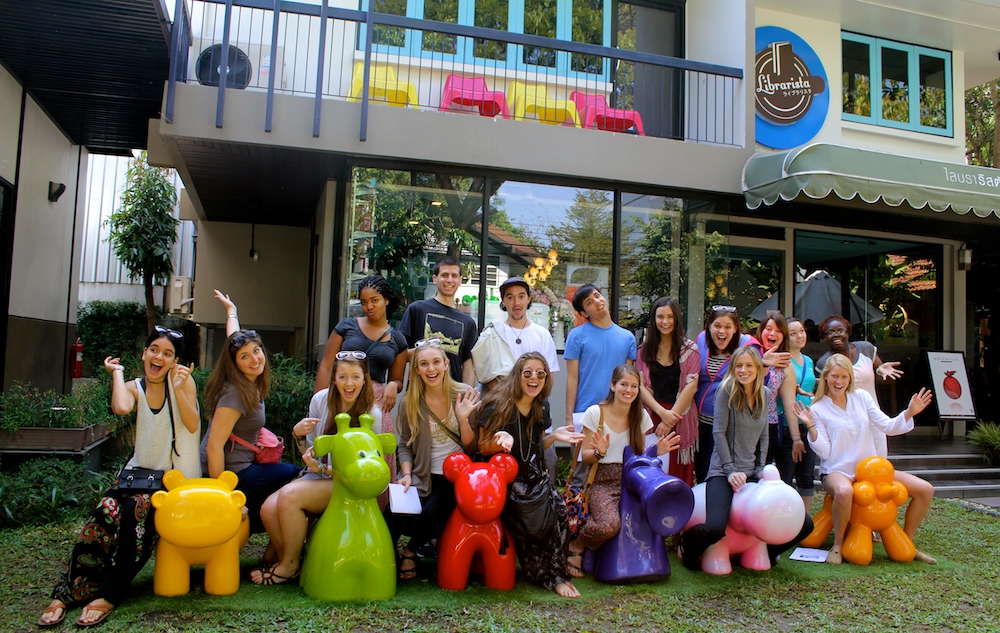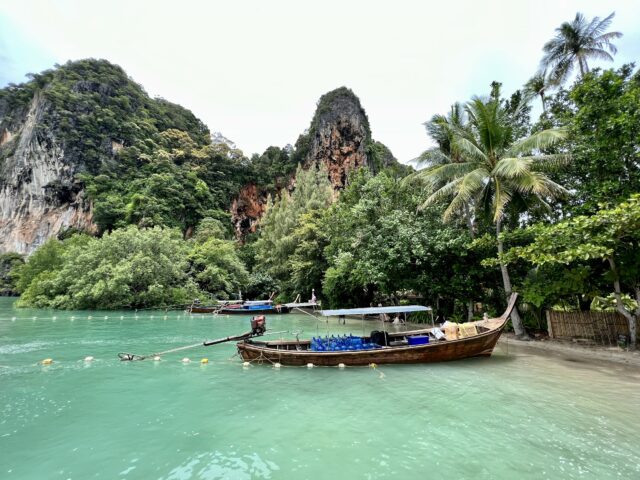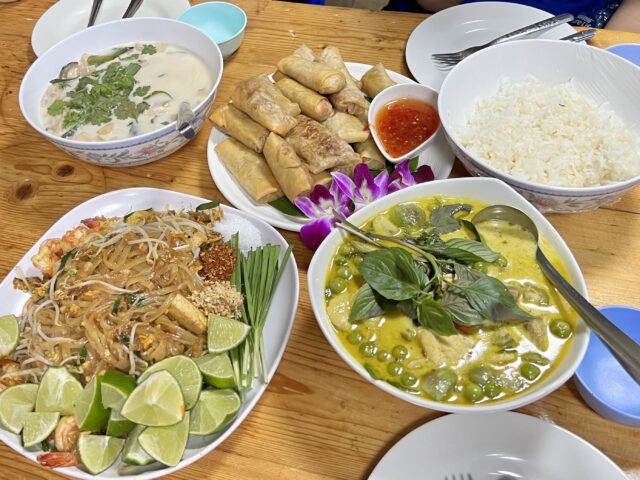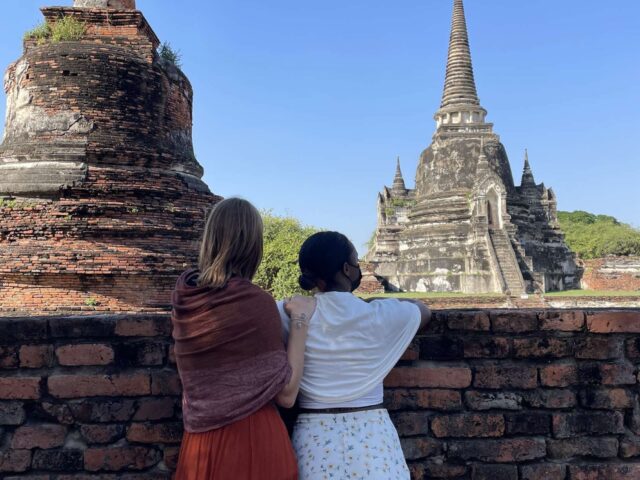Being the only gay member of my family, I always grew up with my Vietnamese mother telling me homosexuality “wasn’t a thing” in her home country. After spending a semester in Southeast Asia, I can say with confidence that she couldn’t be more wrong.

During my study abroad experience I lived in both Thailand and Vietnam, for three months each. I came into the program a bit apprehensive; unsure whether or not I was able to express myself as a gay man in two places I’d never been. After being reassured by TEAN staff about the safety for LGBTQ+ people, I decided to take the plunge to broaden my undergraduate experience despite still holding onto a hint of reservation.

This reservation quickly dissipated in Asia as I never once felt a scrutiny over my sexuality. Whether I was going to a bar with fellow American students, or accepting the various street food my Thai and Vietnamese friends offered, I never encountered the kind of homophobia that was more overt or prevalent in the States.
If anything, all the friends I made encouraged me to talk about my feelings or attractions. These friends were the ones to suggest going to gay clubs or seeing a gay film, encouraging me to be more comfortable with expressing myself in whatever way I chose.
If anything, I attribute these golden memories of confidence to the way study abroad programs attract more open-minded people. Those willing to take risks are more willing to interact with different kinds of people.

But the students themselves weren’t the only reasons I found comfort with my sexuality. Both countries where I resided offered queer culture in different ways.
Thailand for instance had a more vibrant queer community. Elements like drag are very popular in the country as “lady boys,” a Western term used to describe men who dress up like women, remain present within the public for featured entertainment in many venues. More students illustrate a rich spectrum of sexualities, which was comforting to find.
In comparison I found Vietnam was more subdued in overt queerness. Yet this does not mean the culture wasn’t thriving, as evidenced by numerous cafes and bars I visited. For gay men specifically, this included Centro, a popular gay club that is next to the Opera House in District 1 of Ho Chi Minh City. I also visited one of the chains of Trung Nguyen Coffee nearby, which was a popular spot for college-aged men that enjoy conversation and the free wifi provided.
Granted, much of Southeast Asia still maintains traditional beliefs. Many people within both countries still look down upon any gender or sexual deviation of any kind. But these groups are not as present as you’d think, and never once oppressed my enjoyment during my experience.

There are a lot of factors to consider when you’re deciding to study abroad like costs, comfort, and overall safety. For LGBTQ+ students in particular, this list may require a bit more sensitivity given how homophobic the world can often be. However, as an example of an openly gay individual that studied and traveled in Southeast Asia, these anxieties are false.
Because of TEAN and the resources it provided I was able to be myself without a fear of discrimination. I was able to explore areas outside my comfort zone with a group of supportive friends that encouraged me along the way. You can too.
If you find yourself considering studying abroad, but are still unsure, seek out answers to your questions. By talking to experienced friends, advisors, and TEAN staff (in particular) you can find the best program that mold to your personal concerns.
Marcus Degnan is a TEAN Alum and Global Ambassador at the University of Florida. He studied abroad with TEAN in Southeast Asia on the Thailand and Vietnam comparative semester.







